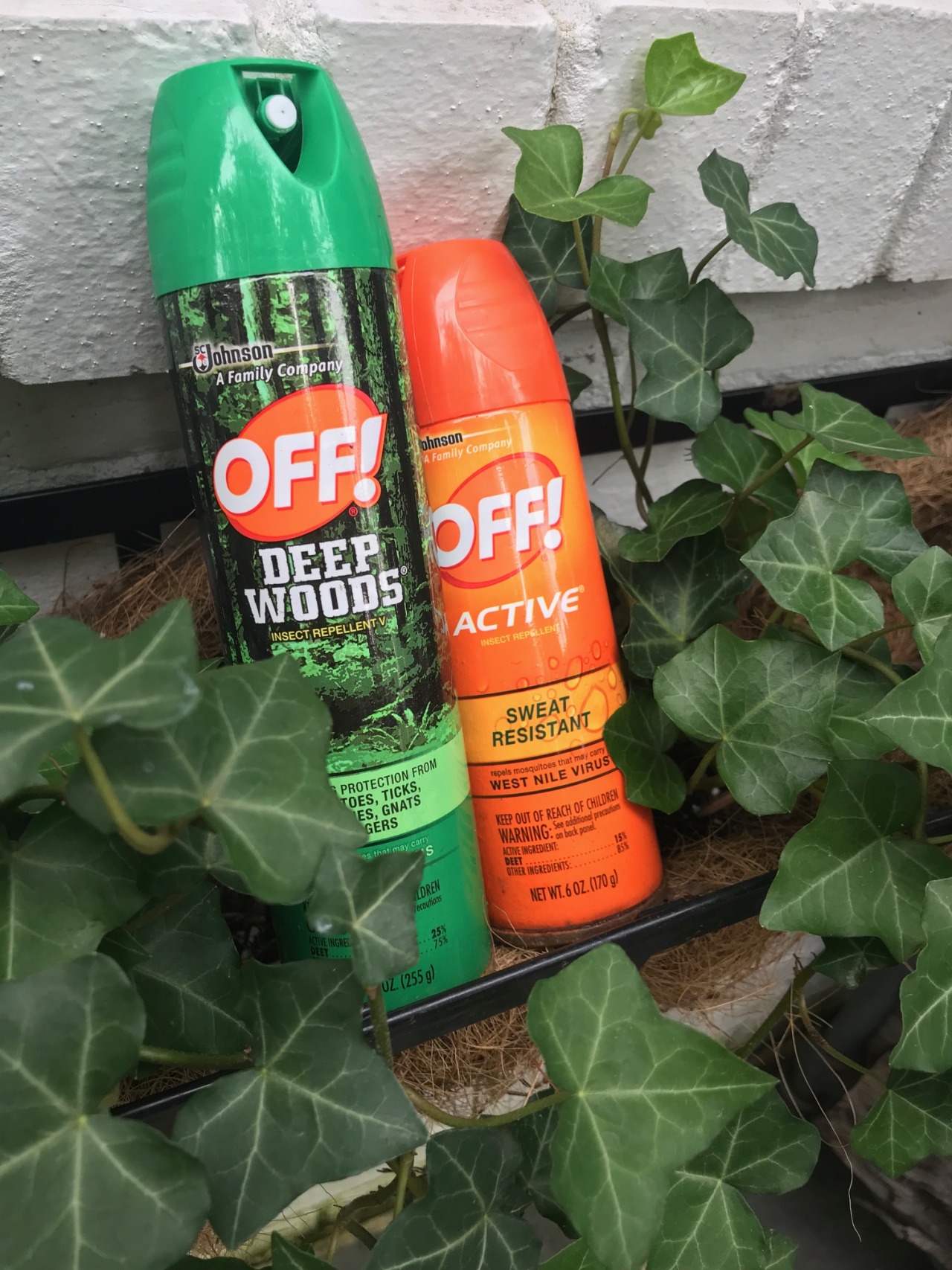How to Help Your Children Avoid Insect Bites
Anyone who has spent a second in DC during the Summer knows that the mosquitos can be especially brutal (we are on a swamp after all). Don’t let these pesky bugs keep you and your family from enjoying time outside with these tips from Dr. Jessica Long.

My kids are loving these long, sunny summer days and begging for some outdoor adventures. However, if you are a true city girl like I am, the thought of leaving your concrete jungle and venturing into the grass and the trees may fill you with trepidation. I do not like bugs and it greatly detracts from the nature time the rest of my family craves. Plus, a new alert that West Nile positive mosquitos have been found in Ward 3 does little to calm my neurotic nature. Obviously, I cannot prevent any and all insect encounters but there are many safe and effective ways to minimize my family’s exposure.
While complete avoidance of insects is not a realistic goal, we can be mindful of where we spend our time and what we wear. Avoid areas with tall grass that ticks love to cling to as well as stagnant water that is a breeding ground for mosquitos. When outside in the evenings when mosquitoes love to munch, choose long sleeves and pants that are light and breathable. The same goes for hikes in the woods or tall grass to prevent ticks from attaching to your skin. Be sure to do a “tick check” in the evenings when you’ve been outdoors (even your own backyard counts). They especially like to hide in armpits, in and around ears, inside the belly button, back of the knees and between the legs, around the waist, and in your hair.
It is also a good idea to apply insect repellant to exposed skin and clothing. However, hitting the bug spray aisle of the store can be overwhelming. There are so many options and ingredients! Lotions, sprays, wipes, DEET, picardin – what should you choose?
The American Academy of Pediatrics and the Centers for Disease Control both give the thumbs up for 10-30% DEET in children as young as 2 months (keep the under 2 month babies away from insects completely). DEET has also been shown to be safe in pregnant and breastfeeding moms. Another option is Picardin, a synthetic compound approved in the US in 2005 and protects about as well as 10% DEET. There are also many repellants that contain essential oils such as citronella, cedar, soybean, and eucalyptus (the latter should be avoided in children under 3 years old). While these are considered safe, they have to be reapplied frequently and long-term follow up studies are lacking.
Similar to sunscreen, whichever insect repellant you choose must be reapplied frequently. 10% DEET and products that function like it last about 2 hours while 30% DEET keeps you covered for up to 5 hours. Choose the lowest concentration you need for adequate coverage; no need to go with 30% DEET if you are planning on playing in your backyard for an hour.
So now that you’re armed and ready to fight those insect bites, get out there and enjoy this gorgeous DC summer! My family might even convince me to get out there, too.


